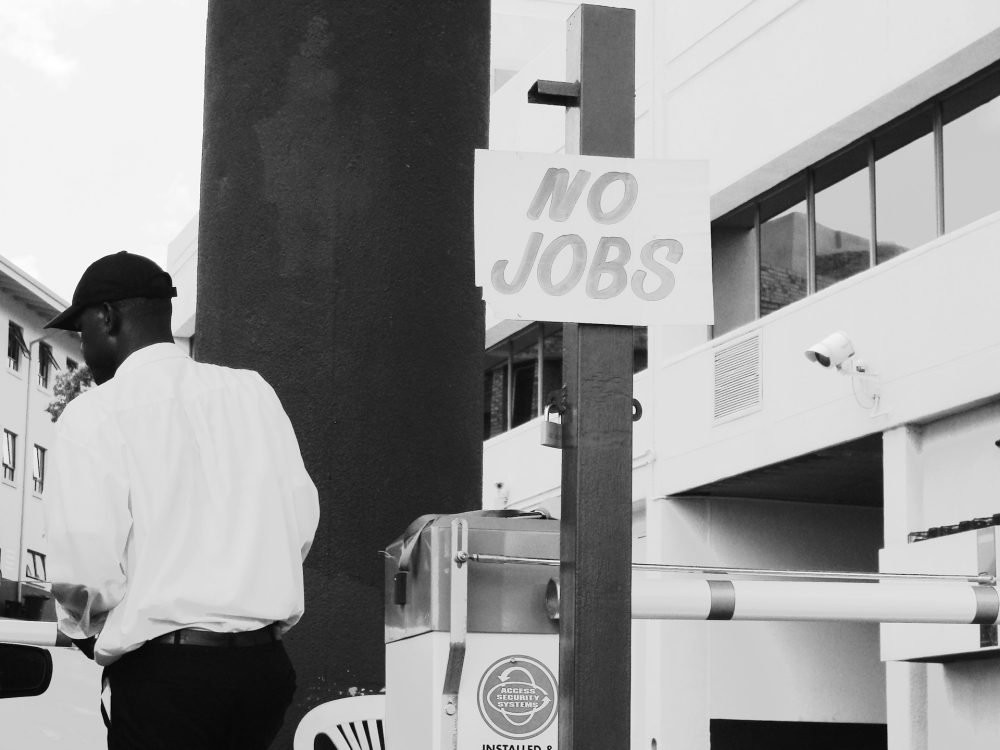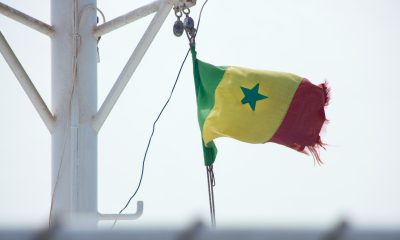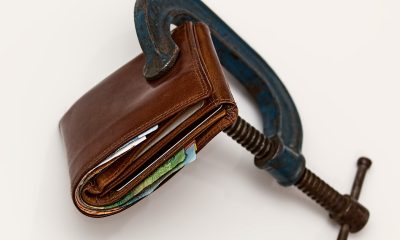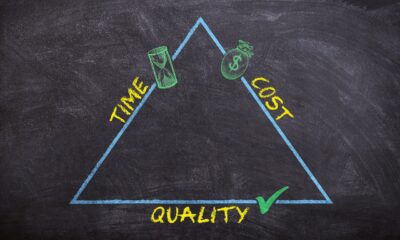Africa
Senegal’s Banks look to target the African disporia in the West
Remittances from relatives or friends living abroad represent an essential lifeline for many families in Sub-Sarah Africa. For example Senegalese people receive money from their diaspora who are located in Europe and the U. S. Known from the World Bank, the money sent is 10% of the country’s gross domestic product. On average each person sends $1,011 (CFA 600,000) to the country.

According to the World Bank, more than $2 billion arrive in Senegal every year, thanks to the diaspora. The people of Senegal can count on their diaspora in Europe and the U. S. The Senegalese emigrants, settled outside the borders, send money back to their homeland. Each year, these financial transactions, which are difficult to trace, represent a contribution of at least 10% of the country’s gross domestic product.
This money is a real source of daily income for many families. Every year, each Senegalese from abroad sends a around $1,011 (CFA600,000) on average. This is a real financial windfall that has tended to increase over the years.
The members of the African diaspora often send money back to their relatives and friends in their communities of origin. Although senders of remittances are frequently driven by a sense of moral obligation or debt, they cannot be sure that their contributions are always put to good use. Institutional frameworks that enable productive use of remittances are crucial, including organizational capacity building, access to financial services, development of business skills and relevant technical support.
The World Bank has estimated that more than $2 billion arrives in Senegal alone each year. In all of sub-Saharan Africa, the amount reaches $38 billion. It is a lot of money for families who often get this bonus, this allowance, and sometimes this essential for everyday life-income once a month.
Learn more about African changing economy from experts. Diversified production, competitive exports. Stay updated on news articles about African transformation or explore other economic news with the Born2Invest mobile application.
A financial windfall that whets the banks’ appetite
Local economic factors are trying to recover part of the transactions to make them more profitable for the local economy. For example, the Banque de l’Habitat du Sénégal (BHS) has issued “diaspora bonds,” i.e. a call for savings for the diaspora.
It is a success with $38,764,200 (CFA 23 billion) raised for a first-time operation. The operation was closed six months ago. As the deputy director of BHS Ababacar Sarr explained “It was innovative because not only were we appealing to our clients, and to those who are not clients to tell them ‘trust in BHS, grow your savings and you will earn 6.5% interest per year, which is tax-free in Senegal. The operation was closed 6 months ago. It’s very very profitable for the clients, but it was also intended to boost the financial market,” continued Ababacar Sarr.
Necessary initiatives
For the time being, this is a pilot operation that is not intended to replace the classic transfers used in everyday life, with Western Union or Orange Money. The beginning is encouraging for Ababacar Sarr: “The majority of our customers are based abroad. I think it’s a challenge for us to support them, not only in securing their funds, but also in helping them to access housing, because our core business is real estate financing.”
In any case, African states have everything to gain from this type of initiative to stimulate savings. It will make it possible to finance the construction of infrastructure and to stimulate public investment on the spot. Rather than relying on donors or long and costly loans that add to the debt burden.
__
(Featured image by Sharon McCutcheon via Unsplash)
DISCLAIMER: This article was written by a third party contributor and does not reflect the opinion of Born2Invest, its management, staff or its associates. Please review our disclaimer for more information.
This article may include forward-looking statements. These forward-looking statements generally are identified by the words “believe,” “project,” “estimate,” “become,” “plan,” “will,” and similar expressions. These forward-looking statements involve known and unknown risks as well as uncertainties, including those discussed in the following cautionary statements and elsewhere in this article and on this site. Although the Company may believe that its expectations are based on reasonable assumptions, the actual results that the Company may achieve may differ materially from any forward-looking statements, which reflect the opinions of the management of the Company only as of the date hereof. Additionally, please make sure to read these important disclosures.
First published in francetvinfo, a third-party contributor translated and adapted the article from the original. In case of discrepancy, the original will prevail.
Although we made reasonable efforts to provide accurate translations, some parts may be incorrect. Born2Invest assumes no responsibility for errors, omissions or ambiguities in the translations provided on this website. Any person or entity relying on translated content does so at their own risk. Born2Invest is not responsible for losses caused by such reliance on the accuracy or reliability of translated information. If you wish to report an error or inaccuracy in the translation, we encourage you to contact us.

-

 Cannabis1 week ago
Cannabis1 week agoCannabis and the Aging Brain: New Research Challenges Old Assumptions
-

 Africa2 weeks ago
Africa2 weeks agoUnemployment in Moroco Falls in 2025, but Underemployment and Youth Joblessness Rise
-

 Crowdfunding5 days ago
Crowdfunding5 days agoAWOL Vision’s Aetherion Projectors Raise Millions on Kickstarter
-

 Fintech2 weeks ago
Fintech2 weeks agoFintower Secures €1.5M Seed Funding to Transform Financial Planning

























